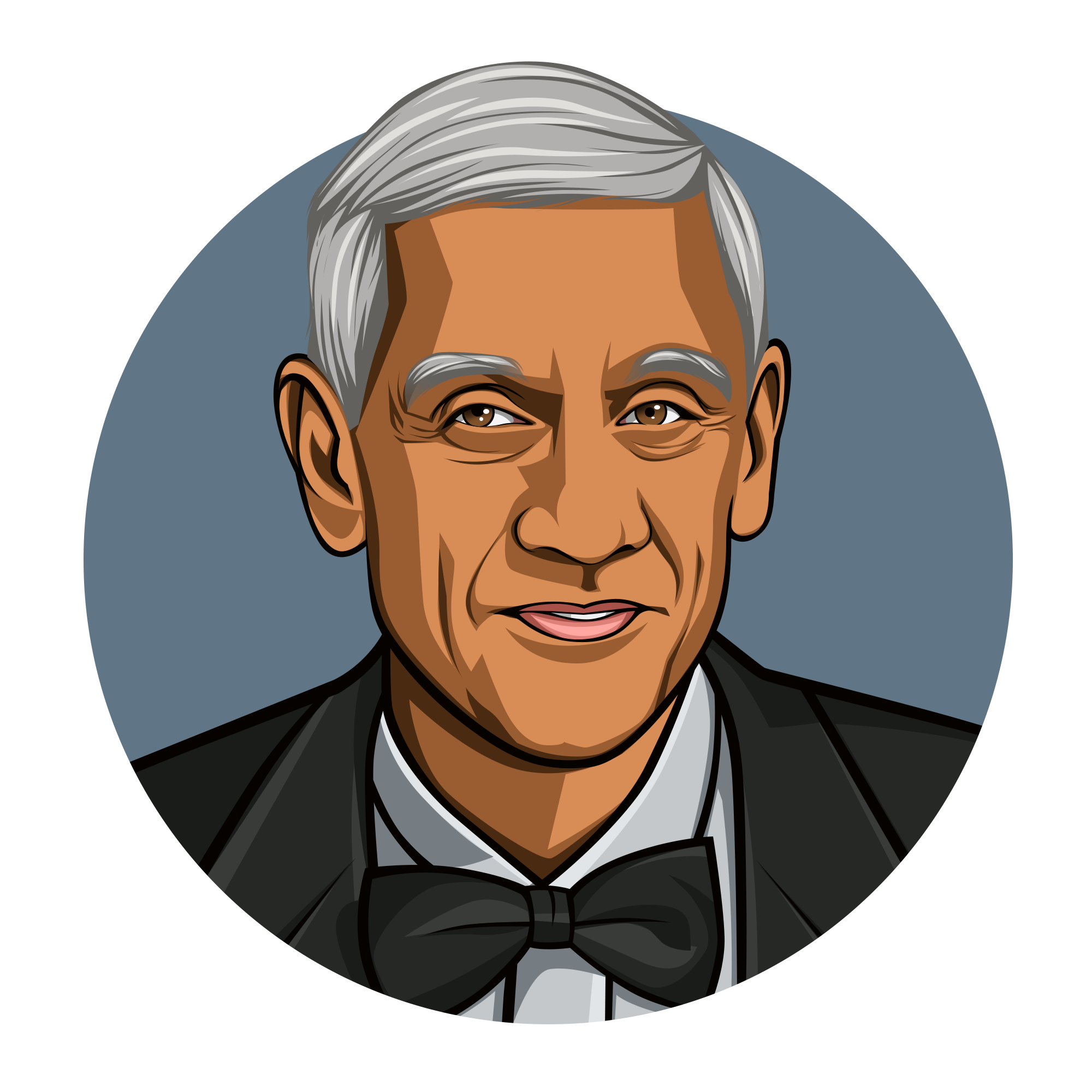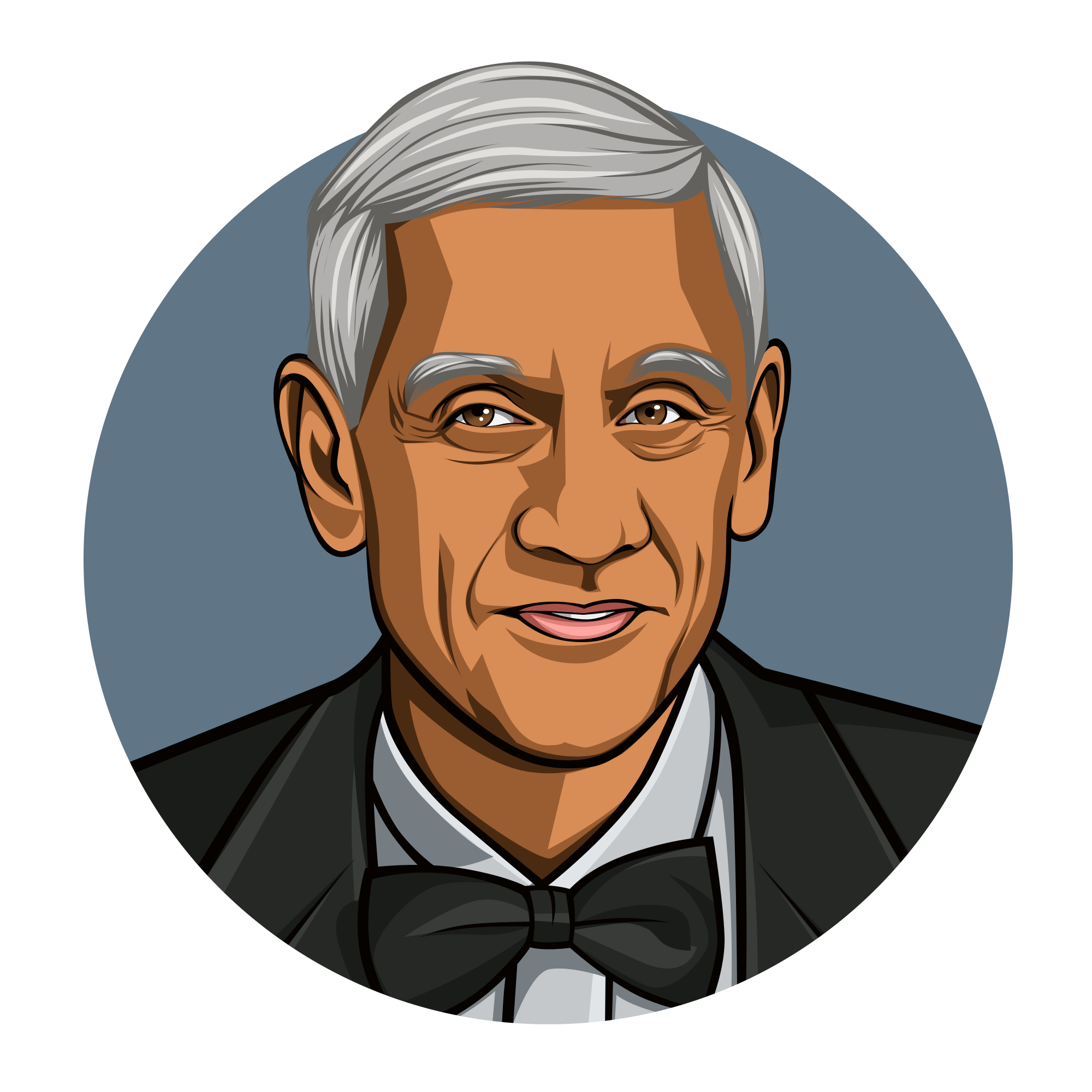
Vinod Khosla is the founder of Khosla Ventures, a Silicon Valley venture capital firm. His firm invests in experimental technologies such as biomedicine and robotics. Khosla co-founded computer hardware firm Sun Microsystems in 1982 with Andy Bechtolsheim, Bill Joy and Scott McNealy. He spent 18 years at venture capital firm Kleiner Perkins Caufield & Byers (now called Kleiner Perkins) before launching his own fund.
If you had to pick the single most common mistake that young startups make, what would it be?
Let me explain the process of building a big company, assuming that’s the goal. It’s like you’re trying to climb Mount Everest, but nobody ever got to the top of Mount Everest without going to Basecamp first, and then camp one, camp two, camp three. The other thing you notice; you look at the route to Mount Everest and it is not a straight line. I always say “be obstinate about your wishes, be flexible about your tactics”. Tactics are about zigging and zagging, but vision is about where you want to get to.
What if the vision is wrong?
You can adjust the vision along the way. That happens often. Here’s the single biggest problem: a company doesn’t depend on the plan you make. A company becomes the people you’ve hired, not the plan you make. This is hard to believe, but almost always true. I think the first 10 or 15 people you hire dramatically changes the probability of what you become.
People don’t think in these terms. The hard part, in this way related to Mount Everest, is getting to the base camp where the first few zigs and zags are very tactical. You might say, let me just hire a coder or somebody who can call customers and do sales. But once you have enough of those people, you may not have the team to go after the vision. So this split personality between worrying about the vision, worrying about the day to day tactics, and hiring for both is the single largest mistake I’ve seen.
We were just talking about a company that started about six months ago. They have hired five or six people. The first five people they’ve hired are low-level technical people who are there just to get the tasks done. I actually don’t think they’ll be able to hire the people they need for the bigger vision because people on the outside look at who they will be joining. It’s really the hardest decision to make: how practical to be, how strategic to be. I always say, in hiring, be strategic with people who can be tactical because they can do a lot more when the time comes. It’s okay if they can just call for me, or do customer support for a while. After getting past the first few zig-zags, these are the people that will help build the company’s vision.
The right personality is in people who know they can do a lot more, know the vision, are into the vision, but are willing to do everything. So all of you probably recognize that characteristic, but the implications of hiring the wrong, tactical-only people comes two years later, three years later, because you can’t hire the people you need for the life vision, and because you can’t scale. Everybody knows what to hire in a VP of engineering or a VP of marketing. The question I always ask is, this VP of engineering you’re hiring, will he or she make your VP of marketing better?
Nobody asks that question, but it is the single most important question I ask. What kind of questions would you ask the marketing person? The VP of engineering may not know what makes a great marketing person, probably doesn’t, but knows the right kinds of questions to ask. He’ll tell you a lot about the VP of engineering operating outside their domain, and also how they might add to this evolution of strategy of the company, which is what we are referring to.
Do you have some advice about how to build up a quality enterprise sales team?
Yes. On our website, there are two documents I’d suggest companies at this stage absolutely look at One is called ‘’Team Building,’’ and the other one is called ‘’Gene pool engineering for entrepreneurs’’. Unlikely you’ll just be asked about hiring great people, which anybody can tell you, but it’s not actionable, because I don’t know of anybody who says they try and hire not-great people. It is specifically thinking about what your risks are and how your engineered gene pool is, who you’re hiring to go after your risks. Those two documents are worth looking at.
Then I would say, hiring each functional person is very different. Actually, sales is much easier to hire and fire than marketing. Here’s the reason why. A salesperson is a very tactical person, and the best sales guys don’t want high salary, they want high commission. If they don’t meet their quota, you don’t pay them. If they do meet their quota, you’re happy to pay them a lot.
In the early days of Sun, all the sales guys always made more money than anybody else in the company, because they were animals and you just want them to be that. If they weren’t, they left because they had very low base salaries. These people would do much better at IBM or DEC, because they had a high base and low commission. We purposefully made it very low base and high commission. The best guys had so much confidence in themselves. They’re just self-selected.
Is it really that easy? You just change the comp and then suddenly you have a team full of winners?
Yes, comp works for sales people. Marketing is different, we can’t do that, we need much more cerebral people, who think more deeply about the short term and the long term. That’s much harder. Marketing is harder than just about any other function. If you call somebody at Google, and say, ‘’Hey, you’re VP of Marketing for YouTube or something, help me recruit this person,’’ they don’t have a clue on how to hire a marketing person for a startup. Here’s why, what marketing people do mostly is make what I call maintenance marketing. You’re selling widgets, you’re selling trucks, you’re selling cars, you’re selling clothes.
What marketing people do is incremental. Everything is defined. The marketing people are essentially doing maintenance marketing. An ad campaign here, a press release there. What startups have to do is figure out from scratch what’s a new way to sell, what’s the new positioning for them. It’s like starting from ground zero. So startup marketing people have to be almost experimentalists in every sense of the word, clever and out-of-the-box thinkers.
Those are not the characteristics in bigger companies, where people have done marketing for an established product. It’s so different than marketing for a startup, where you’re trying to find leverage, you’re trying to find a new product market fit. In fact, that evolutionary product design, like, oh, we’re doing this, but this thing looks incredible, let’s just try that. That’s where products evolve in startups and good marketing people are that agile. They don’t have long term marketing plans; they don’t have PR agencies. Any startup that wants to hire an agency is generally a bad sign. I hate startups hiring agencies because it means they don’t understand their product.
If not agencies, where do you find these mythical people?
They’re usually in other startups. But sometimes, you’ll find engineers in your own organizations who are just asking great questions. I find really good startup marketing people are just people who think from first principles, as opposed to people who think from tradition, like this is how press releases are done, this is how ad campaigns are done. Good marketing people are first principles thinkers. Generally, one of the other mistakes is to say, if you’re selling retail, let’s find somebody from retail.
When I have to choose between domain expertise and better thinking, I’ve always picked better thinking for that function. Interestingly for CFO, I picked domain expertise, because their job is much more linear. So my point is, sales is different than marketing is different than finance. Each one requires you to have this art of saying what’s the right way to think about this person. In these papers, I actually define if you’re hiring for a position that you’ve never worked in, how do you go about hiring. You should read this. They’re on our website for a reason. Meant to be a resource to all entrepreneurs, whether in our portfolio or not.
About the Alchemist Accelerator
Alchemist is a venture-backed initiative focused on accelerating the development of seed-stage ventures that monetize from enterprises (not consumers). The accelerator’s primary screening criteria is on teams, with primacy placed on having distinctive technical co-founders. We give companies around $36K, and run them through a structured 6-month program heavily focused on sales, customer development, and fundraising. Our backers include many of the top corporate and VC funds in the Valley — including Khosla Ventures, DFJ, Cisco, and Salesforce, among others. CB Insights has rated Alchemist the top program based on median funding rates of its grads (YC was #2), and Alchemist is perennially in the top of various Accelerator rankings. The accelerator seeds around 75 enterprise-monetizing ventures / year. Learn more about applying today.



